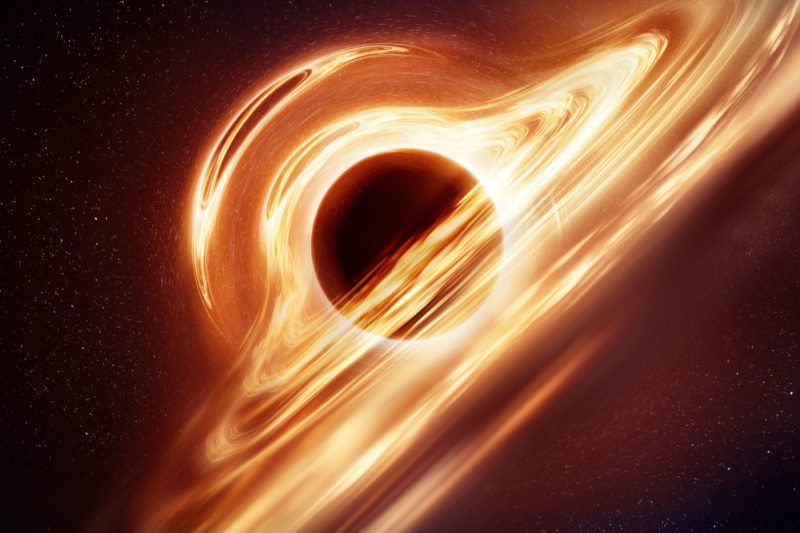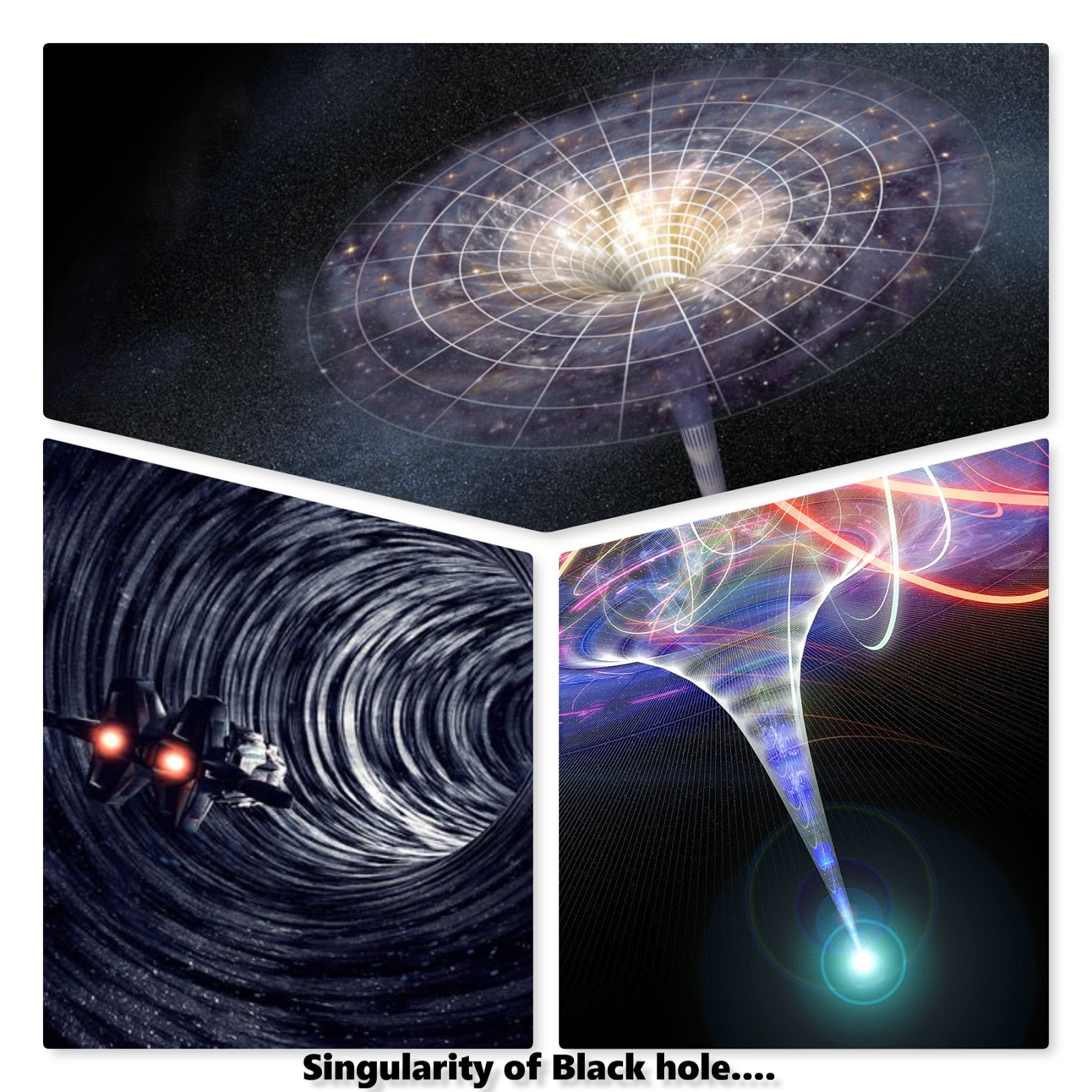


A tenor is a mathematical equation that is similar to a vector but with four values rather than two. The black hole and event horizon concepts were born from the 1915 theory of gravity conceived by Albert Einstein known as general relativity and solutions to the tensor equations that define it. (Image credit: NASA's Goddard Space Flight Center/ background, ESA/Gaia/DPAC ) (opens in new tab) Einstein, black holes, and event horizons: A tale of two singularitiesĪ NASA illustration of a black hole with the pitch black heart ringed by the event horizon. In that sense, information about what fell into a black hole can always be recovered. We theorized that information is encoded in the quantum state of the gravitational field outside the black hole and imprinted in Hawking radiation and thus fully available to an outside observer.
#BLACK HOLE SINGULARITY SERIES#
In 2022, along with my colleague Stephen Hsu, we demonstrated in a series of papers how information can escape a black hole. This is a fascinating question and is linked to the infamous Hawking information paradox. Could anything ever escape the event horizon of a black hole? At that stage, tidal forces become extremely strong, and the observer would experience spaghettification - they would be stretched into a long pasta and would eventually be ripped apart by the strong gravitational forces.

What lies past the event horizon?Įmpty space and nothing remarkable until one gets very close to the singularity at the center of the black hole. Because the curvature at the horizon of astrophysical or large black holes is small, there are no strong tidal forces and the free-falling observer would simply enter the black hole without noticing that he passed the horizon. However, from the point of view of an observer falling into the black hole, he would not notice anything when crossing the horizon of an astrophysical black hole. The object approaching the event horizon would simply fade away over time and ultimately disappear. From that of a distant observer, we never see anything fall into the black hole, i.e., enter the event horizon. This implies that nothing that enters the black hole horizon can be observed from outside this horizon. Nothing inside the horizon can ever escape or come back across this boundary, not even light. It marks the boundary between the black hole and the rest of the universe. We asked Xavier Calmet, a professor of physics in the United Kingdom a few questions about black holes and event horizons. Xavier Calmet is a professor of physics and astronomy in the School of Mathematical and Physical Sciences at the University of Sussex, U.K.


 0 kommentar(er)
0 kommentar(er)
